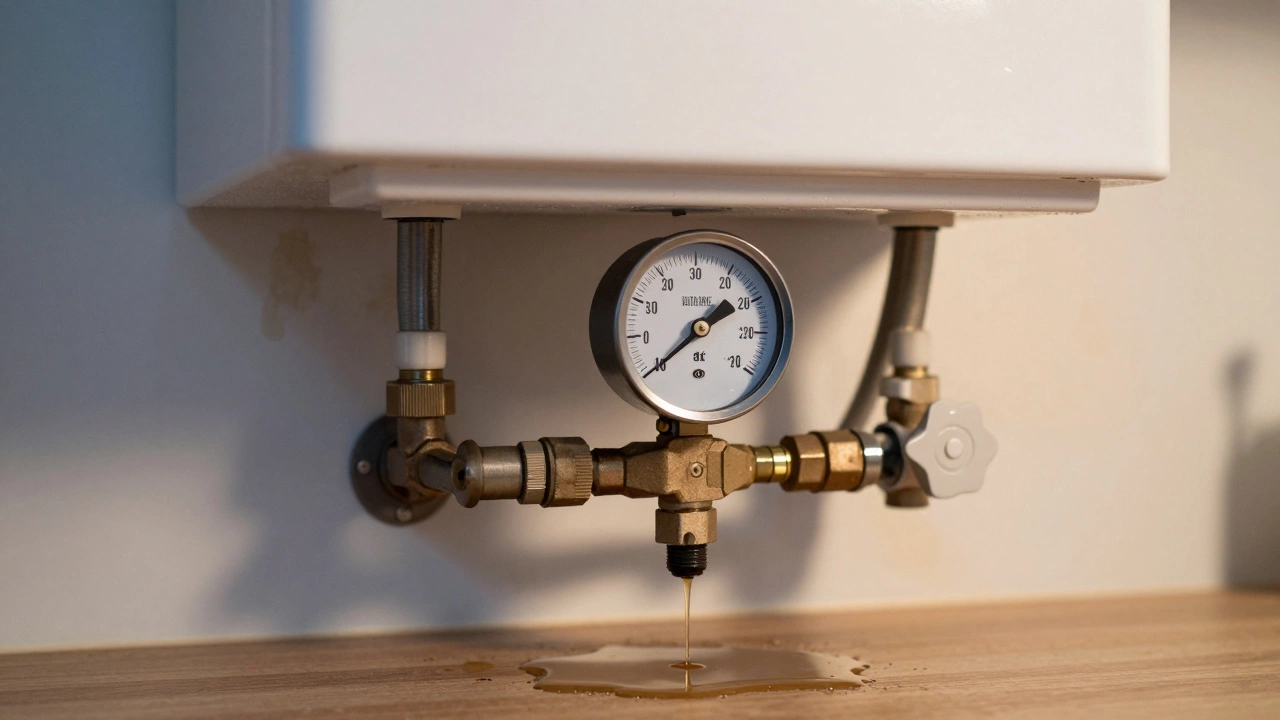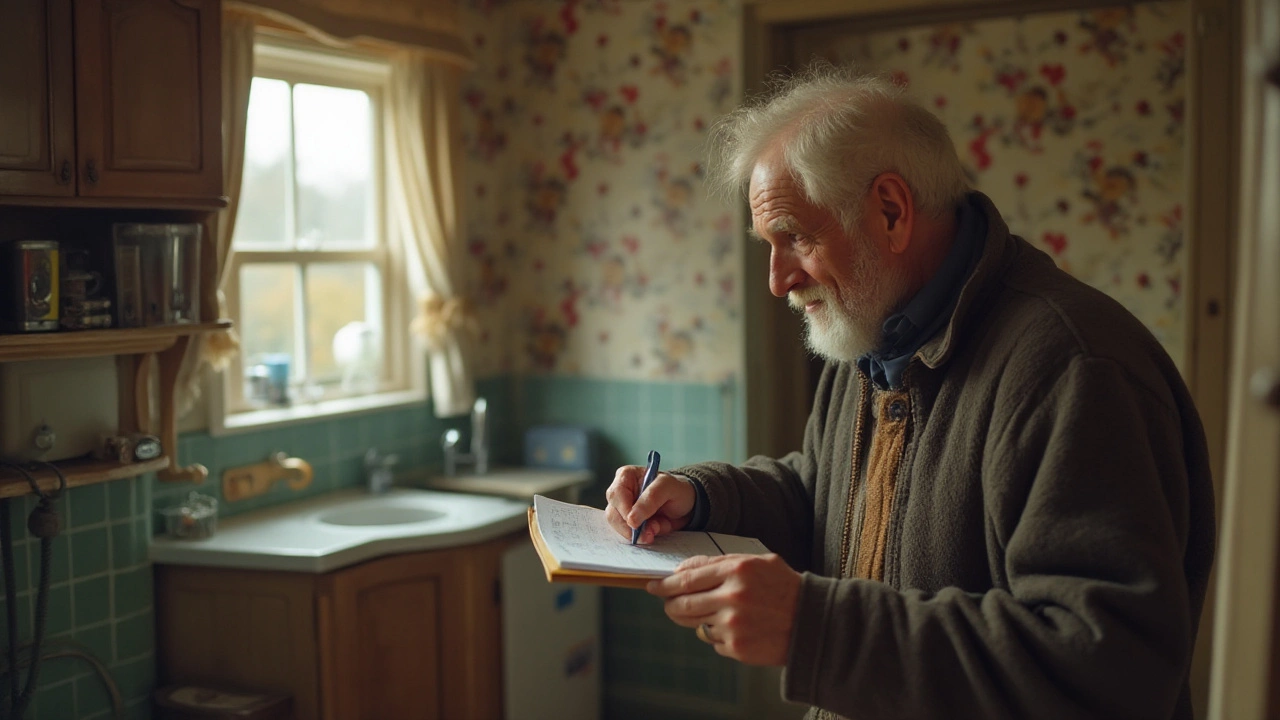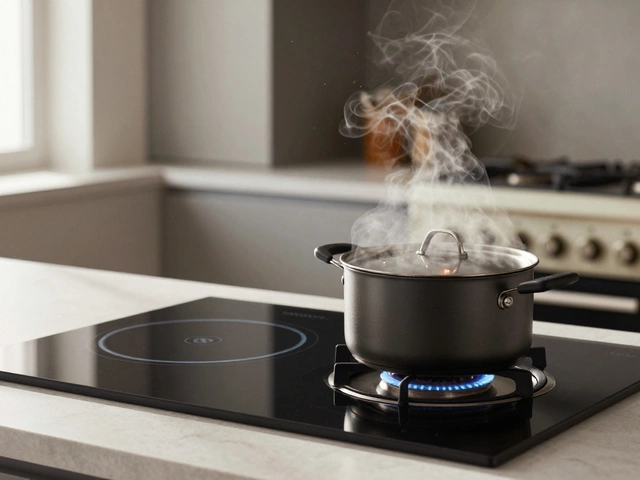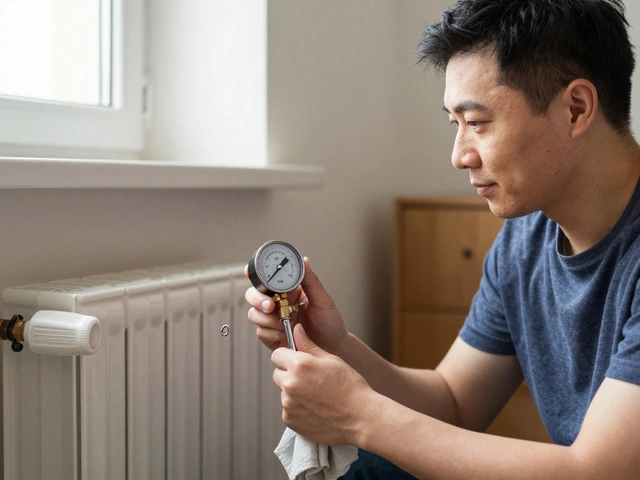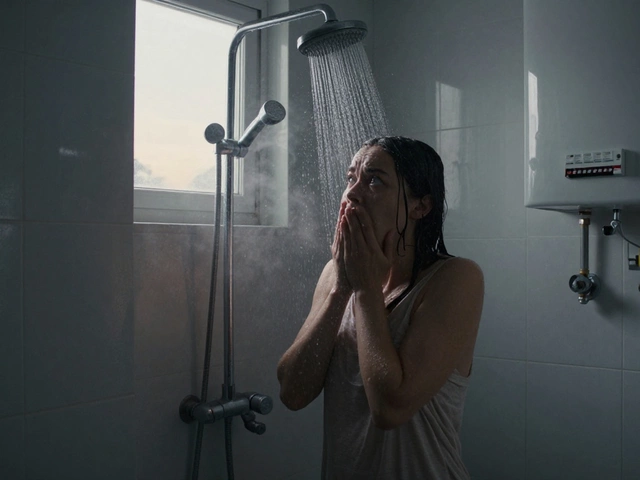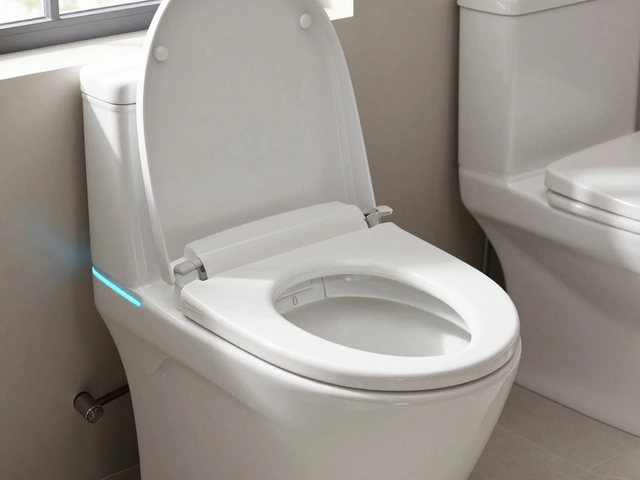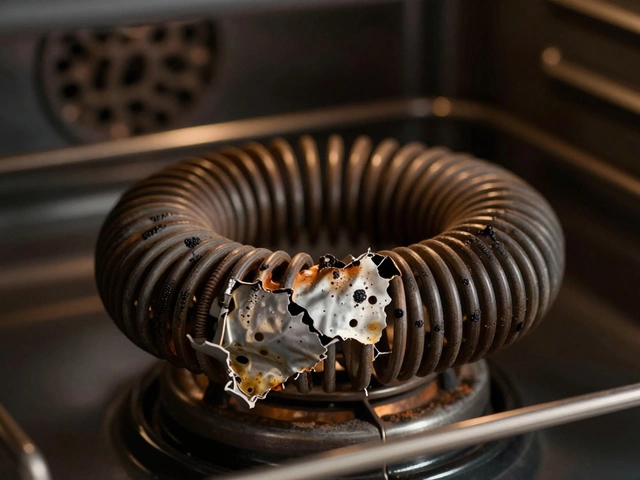Boiler Problems: What Goes Wrong and How to Fix It
If your boiler is making weird noises, losing pressure, or not heating water, you’re not alone. Lots of homes in Hinckley face the same issues, and most of them have easy solutions you can try before calling a tech.
Check the Basics First
Start with the power supply. Make sure the breaker isn’t tripped and the boiler’s switch is on. A quick reset button on the control panel can also clear minor errors. If the pilot light is out, follow the manufacturer’s steps to relight it – usually a button, a knob, and a few seconds of waiting.
Next, look at the pressure gauge. Most boilers operate between 1 and 1.5 bar when cold. If it’s below 1, add water using the filling loop until you reach the correct range. Too high pressure can cause leaks, so don’t overfill.
Common Faults and Quick Fixes
Strange noises often mean air trapped in the system or a failing pump. Bleeding radiators releases the air; just turn the valve with a key and let water flow out. If the pump hums but doesn’t move water, it may need a professional inspection.
Leaking water can be from a loose pipe, a faulty valve, or a cracked heat exchanger. Tighten any obvious loose connections, but if the leak is steady or from the boiler body itself, call a qualified engineer right away.
Thermostat problems are another frequent headache. If the room stays cold while the boiler fires, double‑check the thermostat settings and replace the batteries if it’s a wireless model.
When the boiler shuts off after a short run, it could be an overheating sensor or low water flow. Make sure the system isn’t blocked by debris – a quick flush of the radiators can help.
Regular maintenance can stop many of these issues. A yearly service by a certified technician catches wear and corrosion before they become expensive repairs. During the visit, ask them to clean the burners, test the safety valve, and check the flue.
If you’ve tried the basics and the boiler still misbehaves, it’s time to weigh repair versus replacement. Older units (over 15 years) often need costly parts, and a new, efficient boiler can save on fuel bills.
When you decide to replace, look for a certified heating engineer rather than a generic plumber. Engineers have the training to handle gas lines, pressure tests, and proper commissioning.
Finally, keep records of every service, repair, and part replacement. A clear history helps any future technician diagnose problems faster and can increase the resale value of your home.
Boiler problems can be stressful, but most issues have a logical step‑by‑step fix. Start with the simple checks, perform regular maintenance, and know when to bring in a professional. That way you stay warm, safe, and avoid surprise bills.
4 January 2026
·
0 Comments
Learn the most common boiler problems like low pressure, strange noises, leaks, and failure to ignite. Discover how to spot them early and when to call a professional before it turns into a costly emergency.
Read more
8 November 2024
·
0 Comments
Diagnosing a boiler problem can seem daunting, but with some foundational knowledge, most homeowners can identify the issue themselves. This article offers practical tips for spotting common boiler problems, from strange noises to inefficient heating. Understanding how your boiler works and knowing what signs to look for can shorten repair times and reduce costs. With the right approach and some handy advice, keep your home warm and safe all year round.
Read more

